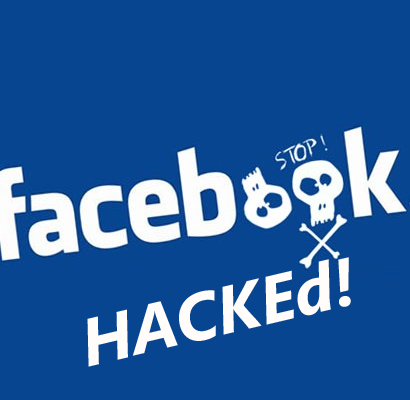 NEWS
NEWS
 NEWS
NEWS
 NEWS
NEWS
![]() The reputation of Java was dragged through the mud once again this weekend as hackers exploited yet another zero-day vulnerability in the plugin, this time to infiltrate Facebook in one of the highest profile hacks of the year so far.
The reputation of Java was dragged through the mud once again this weekend as hackers exploited yet another zero-day vulnerability in the plugin, this time to infiltrate Facebook in one of the highest profile hacks of the year so far.
Facebook reported over the weekend that its database had been targeted in what was, in its own words, “a highly sophisticated attack” that took place last January. The social media site said that some of its employee’s laptops became infected with malicious code after visiting a third-party mobile developer’s site. The malware apparently exploited a security vulnerability in the Java plugin, bypassing the Java sandbox to install itself on the employee’s machines.
The vulnerability was reported to Oracle as soon as Facebook became aware of it, and the software company quickly issued a patch to fix the bug. Meanwhile, Facebook was quick to assure users that no private data was compromised during the breach; however, it did not reveal if any of its internal data was affected.
Twitter Also Affected?
According to Facebook’s spokesperson, several other, as yet unnamed companies also fell victim to the breach, which is now being investigated by law enforcement officials. Twitter hasn’t admitted any link, but the attack coincided with an incident that led to more than 250,000 accounts being compromised. Shortly after news of that breach become public, Twitter’s Director of Information Security Bob Lord urged users to disable Java, citing previous exploits in the plugin but without stating that it was responsible this time around.
Not The Work of Amateurs
![]() Assuming that the Facebook and Twitter breaches are linked, this was clearly not the work of amateurs, although the goal of the hackers remains unclear. Bob Lord specifically stated in his report on the Twitter breach that the hack was “not the work of amateurs”, while Facebook’s spokesperson revealed that its employee’s laptops were running “fully-patched and up-to-date antivirus software”.
Assuming that the Facebook and Twitter breaches are linked, this was clearly not the work of amateurs, although the goal of the hackers remains unclear. Bob Lord specifically stated in his report on the Twitter breach that the hack was “not the work of amateurs”, while Facebook’s spokesperson revealed that its employee’s laptops were running “fully-patched and up-to-date antivirus software”.
However, the hackers ultimately failed to escape the attention of Facebook’s sophisticated ‘layered defense’, and the suspect domain where the attack originated from was quickly flagged in Facebook’s DNS logs, the social media site said. From there, Facebook’s security team were able to trace the infection to one of its employee’s laptops, identify the malicious file, and then locate the other laptops that had been compromised.
Poor Old Java, It’s Not Really To Blame
The revelation that it was a weakness in Java that hackers exploited will raise few eyebrows given the number of highly publicized security issues related to the plugin in recent months. The problem is that even Facebook considers it an essential tool, no matter how precarious its security might be.
“We had already started an initiative to reduce our dependence on products that require Java plugins. But it’s hard to do, because there are so many enterprise applications that require it,” said Joe Sullivan, Facebook’s Chief Security Office, in an interview with ARS Technica.
However, Sullivan did cut Oracle some slack by admitting that it’s more a case of hackers just exploiting whatever happens to be the weakest link, which at this time just so happens to be Java.
“If it wasn’t a Java plugin vulnerability, it could have been another,” admitted Sullivan.
Support our mission to keep content open and free by engaging with theCUBE community. Join theCUBE’s Alumni Trust Network, where technology leaders connect, share intelligence and create opportunities.
Founded by tech visionaries John Furrier and Dave Vellante, SiliconANGLE Media has built a dynamic ecosystem of industry-leading digital media brands that reach 15+ million elite tech professionals. Our new proprietary theCUBE AI Video Cloud is breaking ground in audience interaction, leveraging theCUBEai.com neural network to help technology companies make data-driven decisions and stay at the forefront of industry conversations.